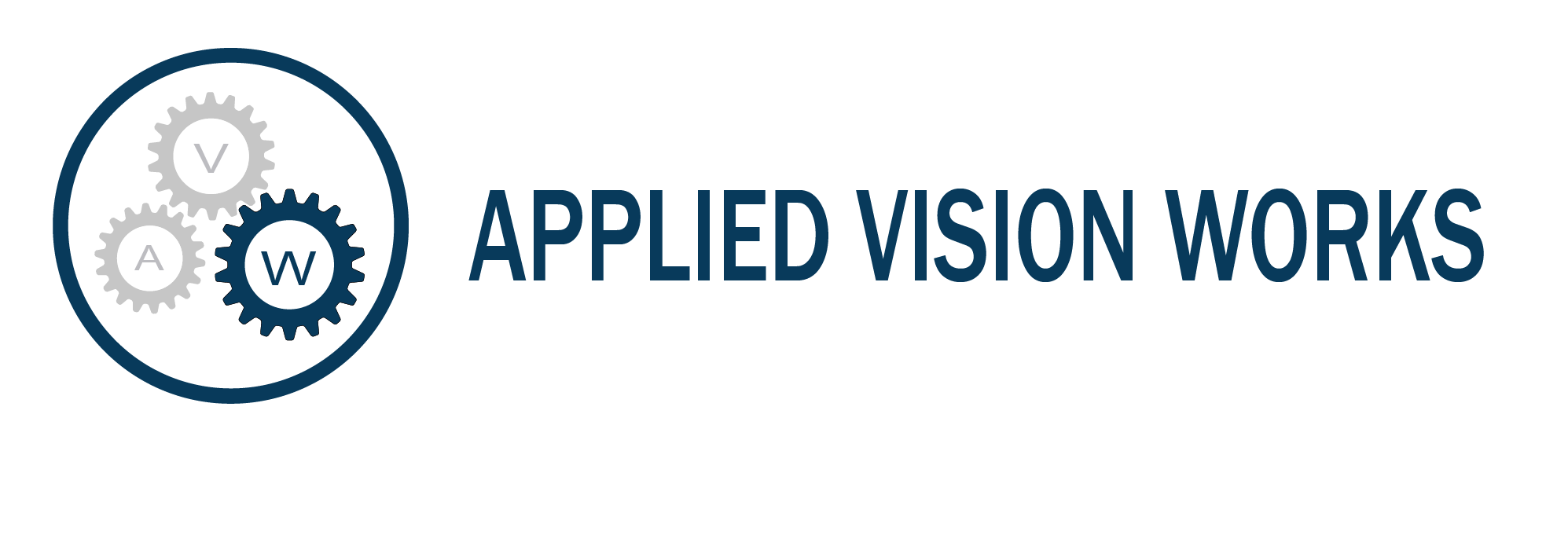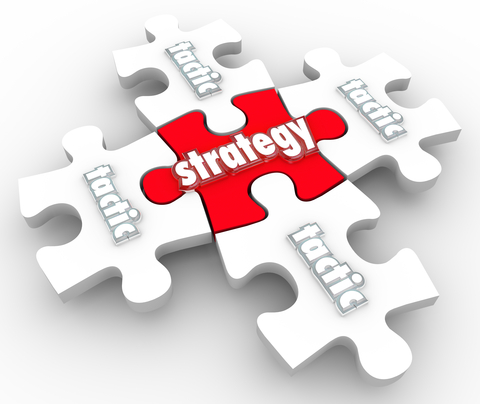
Overcoming A, B, C Employee Ratings: Response to Wall Street Journal Article from 2/21/07

Changing The Patterns Of Thinking
The Power of Trust

A 2016 survey of CEOs by PWC showed that a strong majority of business leaders — 55%— believe a lack of trust in the workplace constitutes a foundational threat to their company. Source: Forbes
Trust is an interesting animal. It not only involves trusting someone’s intentions, but also their competence in being able to do what they say. It is more than trust in an individual, but also in ourselves, the process, the world, other people in general, life, etc. Without trust, both organizational and personal lives are not as fun or productive. We believe a recent Harvard Business article, The Neuroscience of Trust, validates what many of us have learned through hard experience.
Employees in organization with high trust are happier, more productive, collaborate better and are more resilient. They also stay with organizations longer and those organizations are more profitable and capable. As Stephen Covey points out in his book, “The Speed of Trust”, trust allows organizations to move much more swiftly with confidence. This is particularly powerful when reacting to a need of a customer, an employee or a changing marketplace.
 One of the biological ties to trust is the production of the neurotransmitter Oxytocin in the brain. With the vast majority of our clients, they notice that as they focus more on working with a purpose and making a difference in people’s lives, there is much higher trust and productivity. Paul Zak, who has been studying this for 10+ years, correlates trust reinforced with purpose and high levels of joy at a level of 0.77. In other words, employees that are working for a higher purpose enjoy their job more and have higher trust.
One of the biological ties to trust is the production of the neurotransmitter Oxytocin in the brain. With the vast majority of our clients, they notice that as they focus more on working with a purpose and making a difference in people’s lives, there is much higher trust and productivity. Paul Zak, who has been studying this for 10+ years, correlates trust reinforced with purpose and high levels of joy at a level of 0.77. In other words, employees that are working for a higher purpose enjoy their job more and have higher trust.
An analogy we sometimes use in our work is that of a family driving to Disney World for a vacation. On the trip, we do a better and happier job of fixing a flat tire in the rain if our purpose is to create a closer and better family by taking a trip to Disney World. If changing the tire is “just a job” with no sense of higher purpose, some employees would not even get out of the car to help or encourage those doing the hard work.
“High trust won’t necessarily rescue a poor strategy; low trust will almost always derail a good one.” – Stephen M.R. Covey
There are some specific ways to build trust:
- Know your higher purpose: Be clear on your higher purpose for your organization as well as for your teams and individuals. With most of our clients we help tie the individual’s life purpose to the organization’s purpose. Once the employees get over the initial weird feeling of talking about their personal feelings, it is one of the most powerful tools of motivation: that of both knowing your own purpose and seeing how it is tied to the organizational purpose and having an opportunity to learn the life purposes of your work mates.
- Recognize and celebrate excellence: When a goal or milestone is achieved, the individual or team that accomplished it should be recognized by those around them immediately in a tangible and public manner. Recognize your “heroes”. Getting into this leadership habit shows appreciation and motivates employees to duplicate the behavior.
- Challenge in a positive way: Too often, people do their job the same old way day after day. If they are assigned a job where they need to work together with others as a team and have a clear end result, what was a negative stress can be turned into a positive, fun challenge. Following up with the team along the way can ensure that the challenge is seen from a positive perspective.
- Allow the freedom of “how”: If employees are clear on “what” must happen, give them the freedom to decide “how” to best accomplish the goal. One survey shows almost half of the employees surveyed would give up a 20% raise for greater control over how they work. This approach also allows experimentation with different methods that may be more effective.
- Provide opportunities to volunteer for projects: If employees are allowed to volunteer to lead and/or be involved in specific initiatives, they can self-select into situations where they will be naturally motivated and excited. This motivation can be “catchy” and help to motivate other employees to higher levels of performance, engagement and teamwork.
- Be transparent: Sharing the strategic direction, long-term business plan and updates on important projects (e.g., a current review of employee benefits) helps people feel part of the journey. They can see what progress is being made, and have hope, as well as see where problems are occurring and know where to assist the organization and their teammates.
- Get to know and understand each other: Invest time in having team members get to know each other. Make friends with people at work and share both history and what is important to each other. These ties are important to keeping trust when times get tough. Having a meal together, taking a few moments to ask about family and asking questions about each other’s lives are a few examples of tools to deepen relationships.
- Create a holistic environment: It is helpful to provide an environment where information is not just shared, but where skills are taught that can assist people along a career path. If a growth mindset is developed where all employees continually learn and help teach each other, your organization will continue to be more and more relevant to customers every day. Opportunities for personal growth accentuate career skills.
- Be open: It is important to share how you feel, what you need and what you do not know. Only the most confident leaders can share when they don’t have an answer and ask for help. One reason that followers follow leaders is that they feel needed. The leader relies on them for help and assistance.
Other ways to build trust can be found below in this summary of what we believe as well as ideas from the Harvard Business Review article. It shows that respondents whose companies were in the top 25% experienced:
 If your leaders and managers are not building the trust that you desire, let us help. We will work with you and them to create a culture that is capable, productive and profitable. Call one of our experts at 1-800-786-4332 or email our Chief Guide, Don Hadley at dhadley@appliedvisionworks.com.
If your leaders and managers are not building the trust that you desire, let us help. We will work with you and them to create a culture that is capable, productive and profitable. Call one of our experts at 1-800-786-4332 or email our Chief Guide, Don Hadley at dhadley@appliedvisionworks.com.






